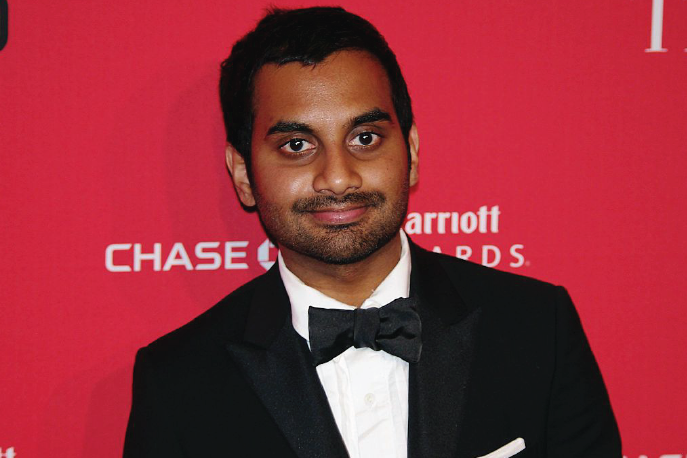Ansari’s fall from grace deepened a crucial divide in the #MeToo reckoning, according to Vox’s Caroline Framke, exposing this duality of the “good feminist ally” who wore his Time’s Up pin proudly who also acted this way. Now the guy who wrote the book on Modern Romance is poised for a comeback. His new stand-up comedy special, “Aziz Ansari: Right Now,” premiered today on Netflix, in which he addresses the sexual misconduct.
It begs the question in the #MeToo era: Are we ready to talk about redemption songs?
According to the woman whose story sparked Aziz’s #MeToo spotlight, Ansari texted her later stating: “Clearly I misread things in the moment and I’m truly sorry.” (Babe.net January 2018). Also in this text he discusses his intention, not his impact. Far too often a so-called apology focuses on what was meant or wasn’t meant in the moment but does not acknowledge the harm. This is not an apology.
Inherent in this story is our tendency to want to boil down it all down to “he said, she said,” a dynamic that ignores the fact that people who do these things often make strategic choices to ensure there aren’t other witnesses, as well as all the ways cultural, social, and gender cues play into dating, sex, and relationships. Dating norms and assumptions are shaped by our culture – often not in healthy ways. Ansari took some time away from the spotlight to reflect on this incident.
#MeToo kindled a fire that is burning its way through organizations, industries, and our communities. The anger and pain caused by years of being silenced and ignored are still red-hot. We have yet to really focus on prevention – we can intervene earlier and change behaviors. We have to. There are no throw-away people. There’s no voting anyone off the island. What if they, too, want to have a comedy show on Netflix and want to be back in all of our good graces?
Here’s a possible ruler – Did you:
Own it. You messed up. Don’t avoid or ignore it – take responsibility for your mistake.
Be proactive and seek help. Asking for help is a sign of strength and growth.
Put in place measures so this doesn’t happen again. Get an accountability buddy. Look at policies in your organization.
It doesn’t go away, but you learn to accept it. You caused harm. This does not define your entire character. Use this information to be better and do better.
What #MeToo started is a cultural revolution and building healthier and safer spaces takes time. It would be easy to focus on individual accountability and forget about community and wider societal accountability. We can also ask Netflix and other corporations and businesses what policies and practices are in place to ensure the artists they work with adhere to the standards and values they have as an organization? For more information about what employees, managers, HR professionals and even Boards of Directors can do, check out RALIANCE’s series of open letters.
Photo by David Shankbone. Licensed under the Creative Commons Attribution 3.0 Unported

